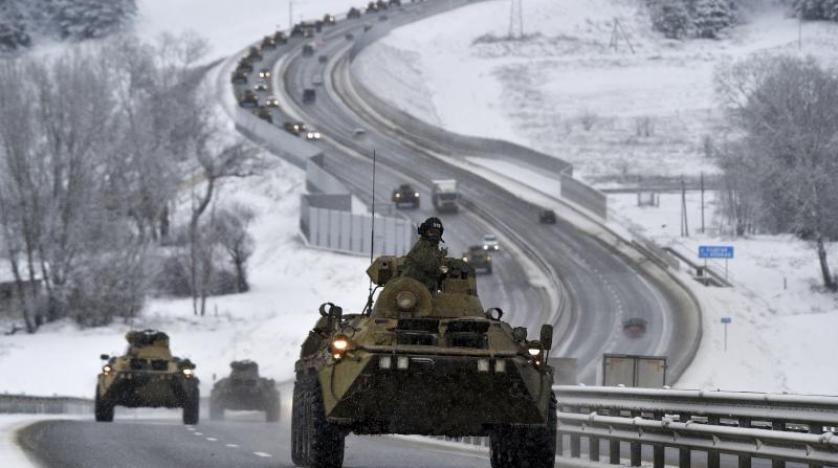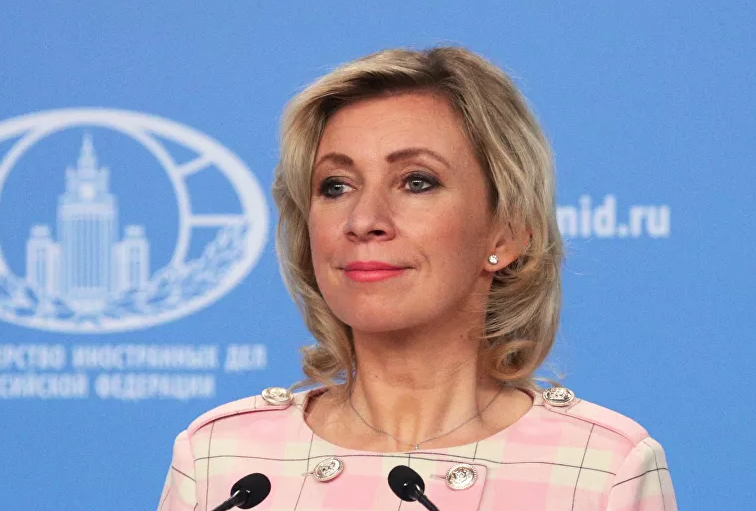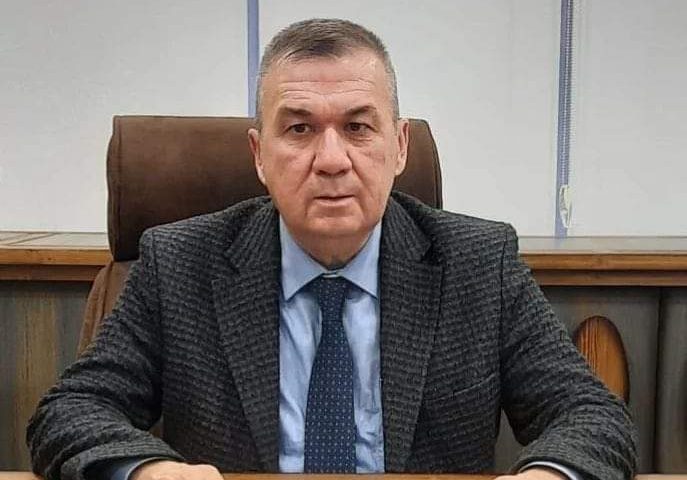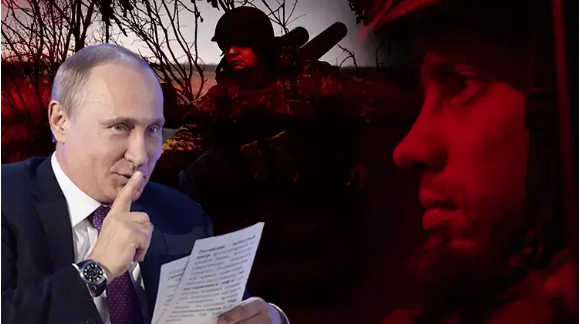Ukraine is under threat from a Russian force said to be no less than 109,000 people based on its borders. Unlike Crimea and Donbass, this time there are soldiers in disguise, not special forces, but an army with ranks, uniforms, official license plates. Moscow says its intentions are not an invasion, Kiev says it is not afraid of invasion, but the rest of the world doesn’t think so. He believes the Russians should be deterred, threatened.
On the other hand, no one wants to go to war, to renounce their security and well-being for Ukraine. America is talking about economic sanctions if Russia attacks. There are already two sanctions bills in the Senate, one drafted by Robert Menendez and the other by Jim Risch.
Biden recently announced that he would have an 8,500-strong emergency response force on stand-by to support NATO member states as needed, and mentioned economic sanctions to back him. But he did not threaten war or intervention.
America clearly doesn’t want to escalate this crisis. The same goes for Russia. His goal is to freeze the status quo, obviously negotiate over Ukraine and stop NATO’s progress, preventing his old friends and brothers who are members of the alliance from creating security risks to him.
If Russia’s intention was to invade parts or all of Ukraine, as some experts have claimed, it would already be. He used to engage his “little green men”, his soldiers without uniforms, as in Crimea and Donbass. He wouldn’t insist on negotiating with America and NATO. Right now, we’d talk about the new occupation, read that the Duma recognized the two republics that had already declared independence in Donbass, and even celebrated its joining the federation.
Yes, Russia’s long-term goal is to expand, to create a federation close to its former borders. There’s no doubt he’d invade the Straits if he had the chance. But now he wants to negotiate, freeze the status quo. He’s already negotiating. After a long pause, the NATO-Russia Council convened. There have been various levels of discussions with their American counterparts. Bilinken and Lavrov met in Geneva.
Negotiations will continue from now on, perhaps working to limit medium-range nuclear missiles. It seems to me that the concerns of both sides will be addressed as part of confidence-building measures. If there is no “accident”, ultimately Russia and America will agree on their gains, and both sides will openly or most likely tacitly agree not to go any further.
The world will be spared a major crisis, if not a great war. Countries like ours will get rid of America’s financial and economic sanctions, which cover third parties and harm everyone but themselves. Europe, on the other hand, is experiencing problems within its institutional structure and bear the burden of opening up more with the United States.
However, in order to achieve this happy ending, the question must first be read correctly. When we reduce the Ukraine crisis only to Ukraine or Russia’s endless appetite for territory or Putin’s authoritarian personality, the element of bargaining disappears, the problem is tied to deterrence, and where it collapses, with what means the Russians will be frustrated and tired.
However, neither deterrence nor defense alone is enough. It’s also necessary to negotiate, to listen to what the other side says. Fortunately, America is in favor of listening. So is much of Europe. Germany wants the problem to be resolved peacefully, through diplomacy and negotiation. Shutting down the North Stream line without opening it doesn’t want permanent hostility with Russia because Poland wants it.
In fact, it’s not in anyone’s interest that the status quo isn’t fixed. No one can predict what balances will change or collapse if it breaks down. While Europe is experiencing a multi-layered crisis, while the EU glue has kept states less united since Brexit, while almost everyone is skeptical of each other, it is predicted that a major geopolitical crisis will not be good for anyone when sanctioning members for shortcomings such as human rights and democracy.
I think it can have unexpected, undesirable consequences for the EU and for Atlantic extreme relations. Even if they say that if Russia attacks, we will unite, we will act jointly, for example, it is not even known whether the EU will consent to the closure of SWIFT to Russia, which Senator Menendez put on the sanctions list in his draft…
It is the translated version of the text published by Mensur Akgün.





